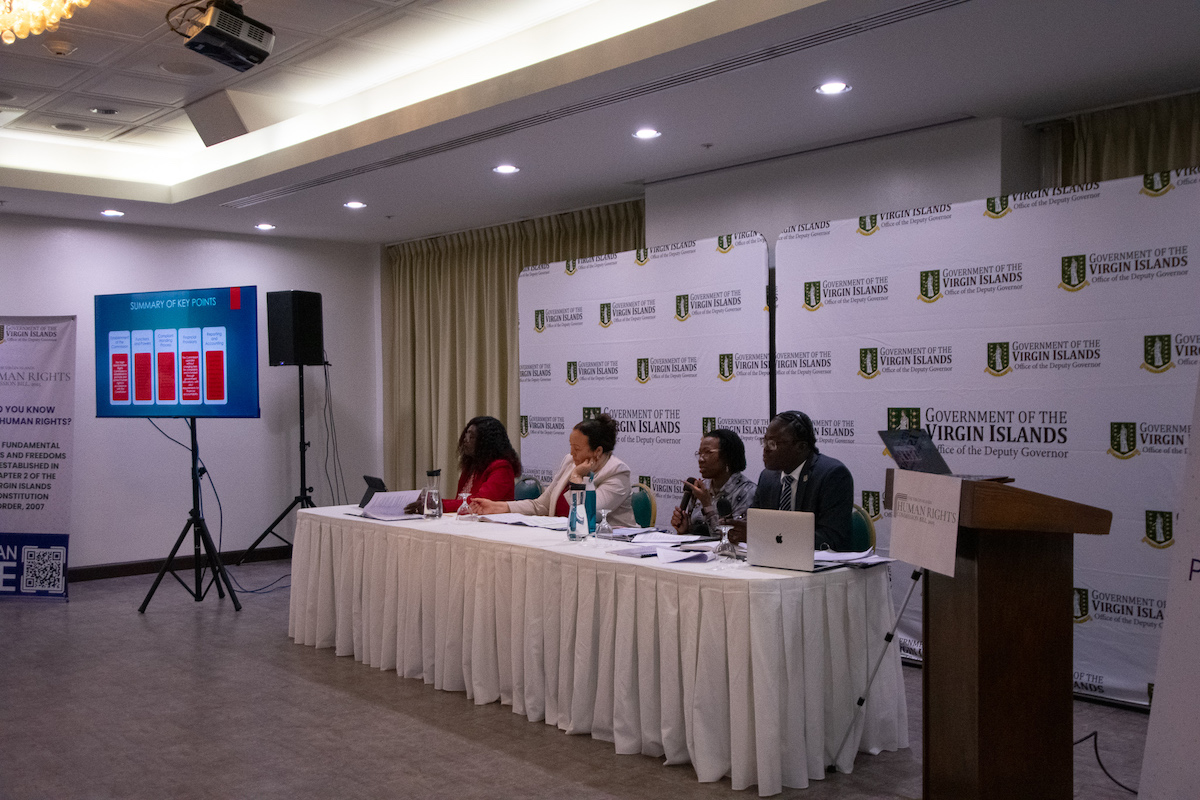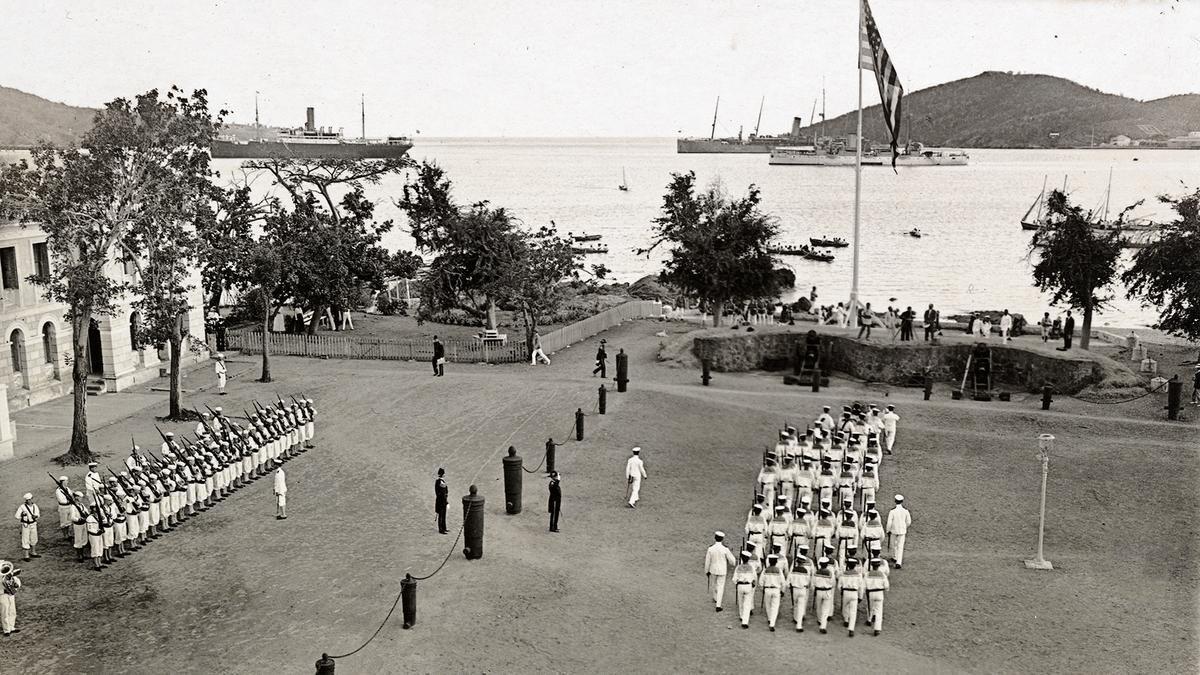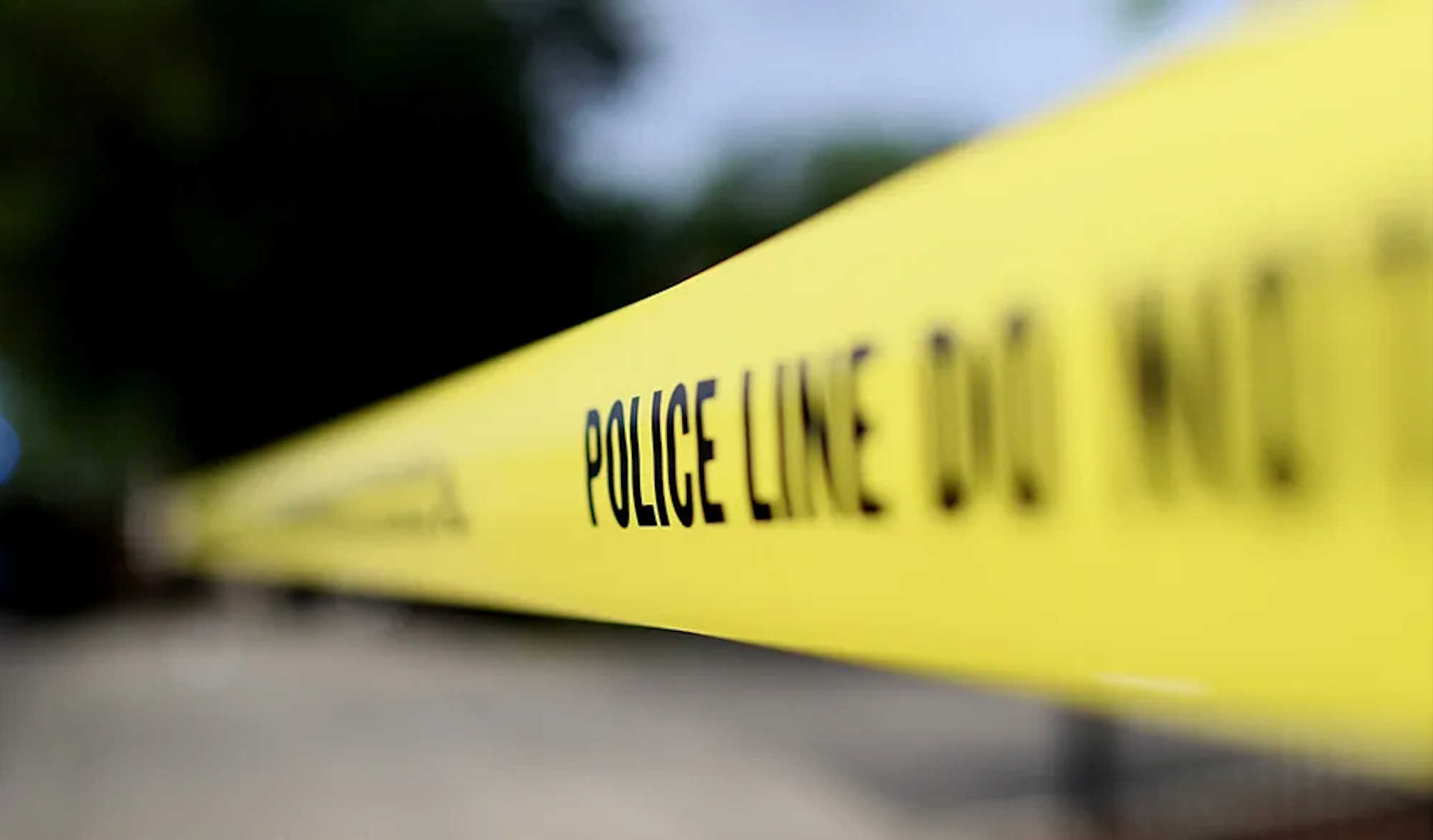

The territory’s 2007 Constitution provided for the creation of a commission charged with helping protect human rights in the Virgin Islands. It was never formed. But now, after 18 years of promises and false starts, the government has been pushing ahead with the plan once again by holding public meetings to gather feedback on a proposed law that would establish the body.
Last week, more than 20 people attended a Wednesday meeting at Maria’s by the Sea in Road Town to learn more about the bill, ask questions and share their thoughts.
“The Human Rights Commission Bill, 2025, is really a pivotal step toward strengthening our commitment to justice, equality and protection of the fundamental freedoms for all,” said Deputy Governor’s Office Permanent Secretary Sharleen Dabreo-Lettsome. “The bill seeks to enhance the powers and independence of our Human Rights Commission, ensuring it has the tools and the necessary mechanisms to investigate violations, promote accountability and safeguard the dignity of every individual.”
After the initial remarks, Olva McKenzie-Agard, the security and justice policy advisor at the DGO, gave a presentation that explained the goals of the proposed commission, the qualifications for its five members, the process of filing a complaint, and other aspects of the bill.
Ms. McKenzie-Agard was also among the panellists who answered questions from the public.
Some attendees asked if the commission would have enough teeth to carry out its mandate.
“Right now, the commission can divert to particular authorities depending on what the complaint is,” Ms. McKenzie-Agard said of the bill. “A big part of what the commission is going to do is conciliation settlement: bringing all the parties before the table to work out a settlement and to stop the act or practice that is infringing on the person’s human rights.”
Similar questions came up during recent consultations with public officers, she said, adding that they “requested that we give this commission a bit more room to do more and to hold people accountable.”
The government, she said, is considering this recommendation.
Last week, multiple attendees also asked if the proposed law includes any provision that would protect a complainant from retaliation.
The panellists answered in the negative, but Eusa Adams, the assistant information officer at the DGO, said government will “see where we can legally include provisions like that.”

Preparation
Ms. Dabreo-Lettsome said the public service has already begun preparing for the passage of the bill.
“I want the public to note that we [in the public sector] knew this was coming,” she said. “We knew, and we know that we have to be ready.”
She added that other sectors should begin preparing for the bill as well.
“I want to say to the statutory boards, the private organisations, individuals who have businesses, the same way that the government is preparing for this [bill], you really need to do the same, and you need to do it quickly,” she said.
Similar public meetings were scheduled on the sister islands over the past week: last Thursday at the Catholic Community Centre on Virgin Gorda; on Tuesday at the Emile E. Dunlop Community Centre on Anegada; and yesterday at the Methodist Church Annex in Jost Van Dyke.
History of delays
Previous work to pass a law establishing the commission has been plagued by false starts, abandoned promises and indecision.
In annual Speeches from the Throne, successive governments promised to introduce HRC legislation in 2008, 2010, 2011, 2012, 2013, 2018, 2022, 2023 and 2025.
Meanwhile, different iterations of the HRC Act have surfaced in multiple HOA sittings, but none has been passed.
To review the bill and provide feedback online, go to bvi.gov.vg/humanrights




